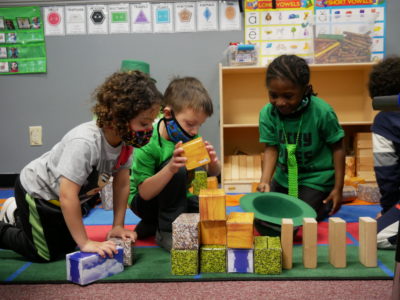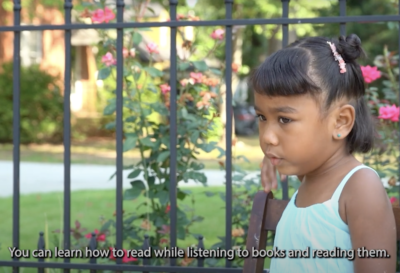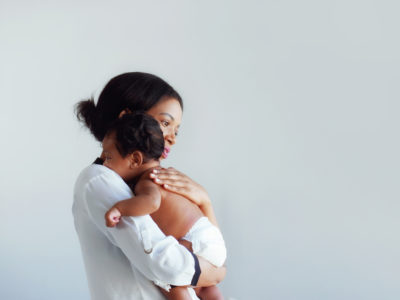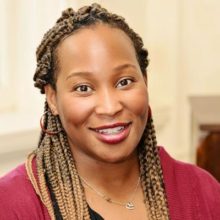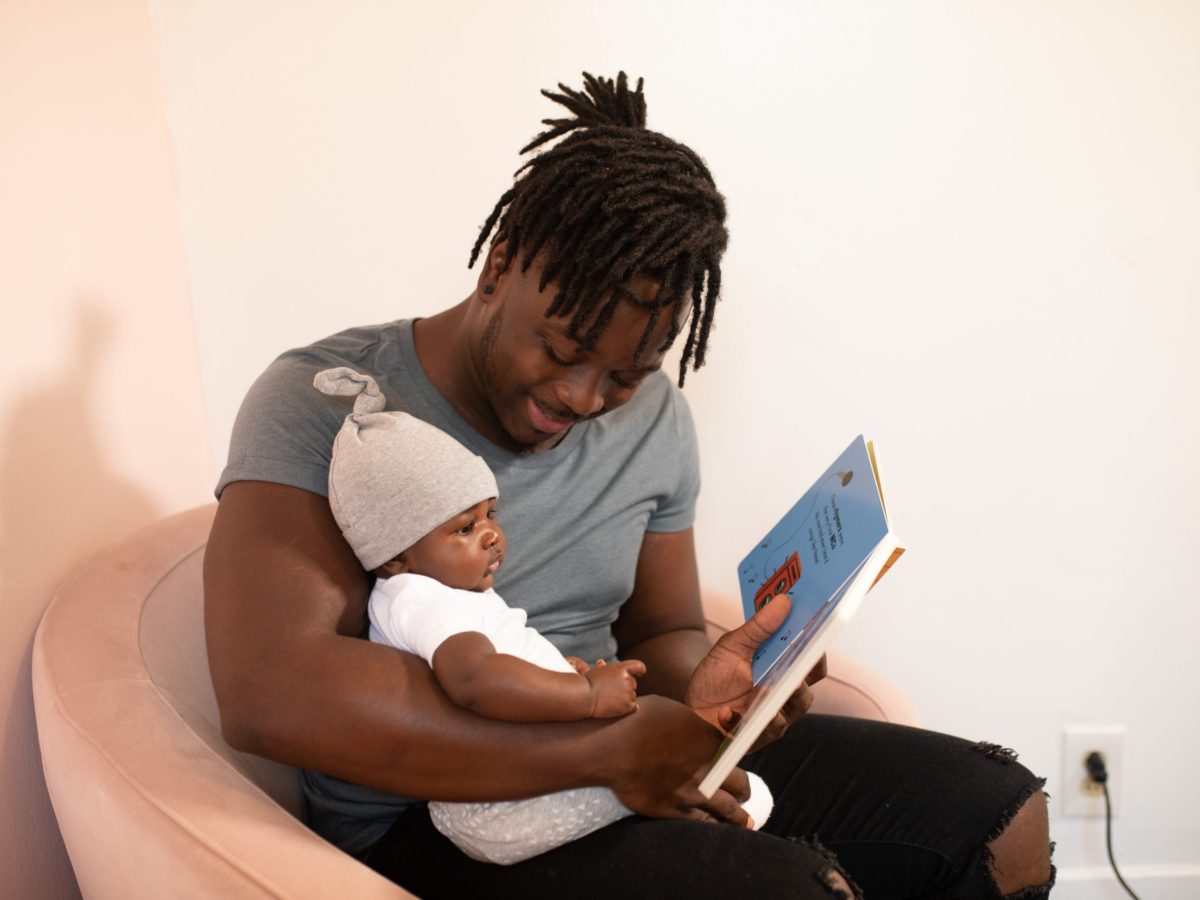
Time is ticking as we continue to deal with the global pandemic, climate change, racial unrest, and an economy clearly not working for everyone. Our babies, the future of our country, simply can’t wait until adults get it right. We must take action steps now to improve the overall health and well-being of our Black babies.
The first 1,000 days are a time of tremendous growth for children, from their brains and bodies, to their minds. This is also when many families, especially first-time families, are navigating pediatric care, work-life balance, diapers, sleeping, breastfeeding, early care and education, and so many other things. It is, arguably, one of the most expensive child-rearing periods. Science has also pointed out that this is a sensitive time when the interactions happening at the molecular, cellular, and organ level interact with the environments children are experiencing.
Children who experience safe, warm, and nurturing caregiving inside and outside their homes are likely to be on track for school and life success. In contrast, children who experience adversities, trauma, and unsafe environments are likely to be placed at risk for negative outcomes.
Black families live under the constant weight of racism and inequitable opportunities, exacerbated by the global pandemic. For example, not only are Black mothers more likely to lose their baby in the first year of life, but they are also likely to lose their own life before or after birth compared to other moms. According to ZERO to THREE’s State of Babies Yearbook, more than one out of three Black babies live in poor households, versus only one out of ten White babies.
In the Equity Research Action Coalition’s report, Black Parents and Their Babies: Attending to the First 1,000 Days, we highlight how Black families and their babies are doing amid COVID-19, and call for racial justice. Black parents with babies feel the weight of racism which is evident with over 30% of Black families living in poverty experiencing material hardship, such as not being able to pay for basic needs like utilities and housing, and not feeling financially secure.
This feeling of material and financial hardship, compounded with their continued experiences with discrimination and concerns for their babies’ unfair treatment and inequitable opportunities, may have contributed to Black families with babies reporting heightened levels of anxiety, depression, stress, and loneliness.
Even amid these challenges, Black families remained resilient and ensured that their babies would thrive despite the inequities they experience. They ensure their babies understand the challenges and privileges of being Black. This parenting practice is called racial socialization, which many Black parents use to help their children cope and thrive in a racist society.
Black babies deserve to live in a world that is prosperous, equitable, and safe. Sustaining our country’s infrastructure is a key solution to improving their lives and health outcomes. In an age of racial reckoning, an economic downturn, and a global health crisis, investing in Black children and families will improve lives and guarantee our nation’s future and security.
As the U.S. seeks to build back better, policies and programs must meet the needs of Black families and their babies who are feeling the brunt of COVID-19. The Center on Poverty and Social Policy reported that 22.1% of Black people are living in poverty. According to the Biden administration, the Build Back Better plan includes extending the Child Tax Credit through the American Rescue Plan, which would provide three million Black people with a tax cut, and decrease the poverty rate by 34.3%.
The Build Back Better agenda would institute 12 weeks of paid medical and family leave, which would improve Black maternal health and help narrow persistent earning and wealth gaps caused by wage losses. It will also create healthcare cost savings for an estimated 360,000 Black people who have coverage through the Affordable Care Act, and close the Medicaid gap for low-income individuals. The plan proposes increasing the number of affordable housing units as the U.S. Census Bureau reported that 30% of Black renters pay rent that is above 50% of their income.
We call for immediate actions that meet the immediate needs of Black families and babies. These actions must:
- Protect Black babies and their families from racism, discrimination, and material hardship to ensure babies thrive throughout their life course.
- Promote economic security, health, and access to early care and education opportunities, which are essential to support healthy development and mitigate against racism, discrimination, and bias.
- Preserve Black families and their babies’ cultural identity in the early years as they are essential building blocks, as are reading, writing, and arithmetic.
We don’t have another 1,000 days to spare. We need action now to protect, promote, and preserve the health, wealth, and educational well-being of Black babies.
Recommended reading
